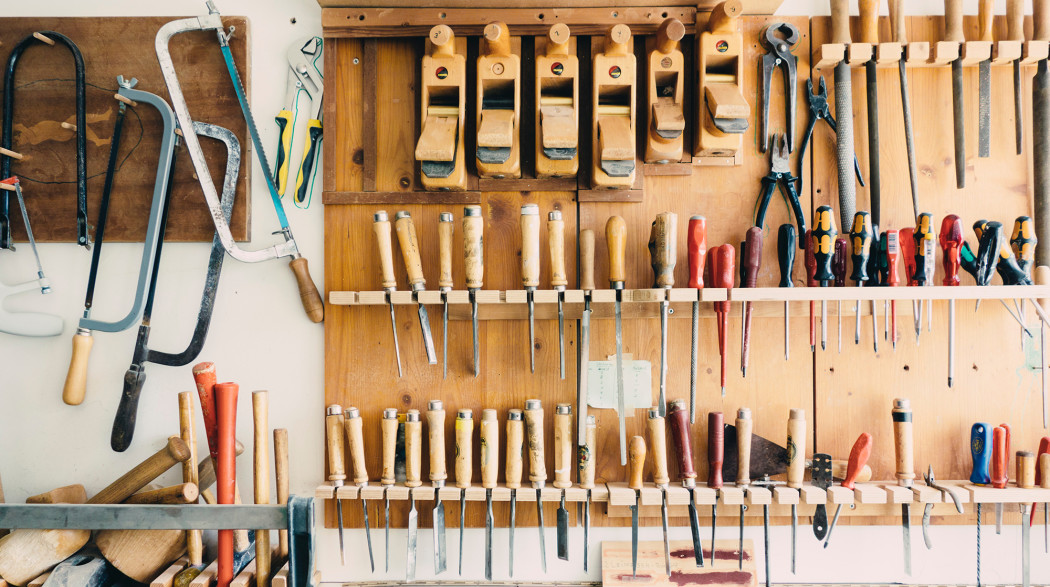
By Alison Griswold, QUARTZ, September 28, 2017
Do-it-yourself used to be what Ikea was all about. Flat packaging and self-assembly have been built into the company’s model since the 1950s, when the Swedish home goods giant first started designing its own furniture. It wasn’t until early 2012 that Ikea seemed to realize not all consumers were naturally talented handymen, publishing a series of YouTube videos that demonstrated how to build its more complicated pieces. “We understand that not everyone is a natural DIY-er at heart,” an Ikea rep told Consumerist at the time.
Today (Sept. 28), Ikea is doubling down on that realization with its reported purchase of TaskRabbit, a home services startup whose most popular task is — you guessed it — assembling Ikea furniture.
TaskRabbit matches people who need odd jobs done with other people who, for a price, are willing to do them. Bringing TaskRabbit in house should help Ikea build out both its delivery and assembly capabilities. It’s unclear how much Ikea paid for the startup, which has raised nearly $50 million to date and is considered profitable. Sources told Recode that TaskRabbit is likely to operate independently under Ikea and still be able to strike other partnerships, such as its collaboration with Amazon. The acquisition is set to be completed by the end of this week.
TaskRabbit is one of the OG “sharing economy” companies, founded in Boston in 2008. Over the past 10 years, venture capitalists have poured money into startups that hire cheap labor to do basic tasks for other people. Uber and Lyft give us rides, Postmates and Doordash bring us food, Instacart delivers our groceries and Luxe (recently acquired by Volvo) parks our cars. There are startups that will do your laundry, bring you booze, walk your dog, and give you a massage. Most of their workers are hired as contractors, without benefits and at relatively low wages. The “sharing” economy is a mess of middlemen services, enabled by smartphone apps, VC subsidies, and wealth inequality.
It was in the midst of this on-demand services boom that Ikea began to struggle, with growth slowing globally as consumers took their purchases online and turned to companies that offered delivery and home assembly, services that Ikea had historically shunned. Competitors like Wayfair and Target offered fast and often free shipping on furniture priced competitively with Ikea’s. Amazon, already a leader in delivery, launched Amazon Home Services, a marketplace of service providers who did everything from furniture assembly to air-conditioning installation.
The one market where Ikea has long had robust delivery and assembly services is China, where labor is cheap and “do it yourself” is less common than “do it for me.” Home Depot learned this the hard way, bowing out of China in 2012 after failing to find an audience for its DIY home improvement offerings. Ikea, sensing a culture clash, kept most of its product line intact in the Middle Kingdom but offered Chinese food in the cafeteria, local home delivery, and fee-based assembly. The same year that Home Depot fled, Ikea’s sales in mainland China jumped 21%.
Over the past few years, Ikea has quietly added more delivery and assembly options for customers worldwide (it’s unclear exactly when these services were built out, and spokespeople for Ikea declined to provide us with additional information). But in many countries those options remain lackluster and expensive. In the US, for example, Ikea delivery starts at $59 and assembly starts at $89, an anachronism in an era of cheap on-demand labor and free two-day delivery. Small wonder that people were turning to TaskRabbit instead.